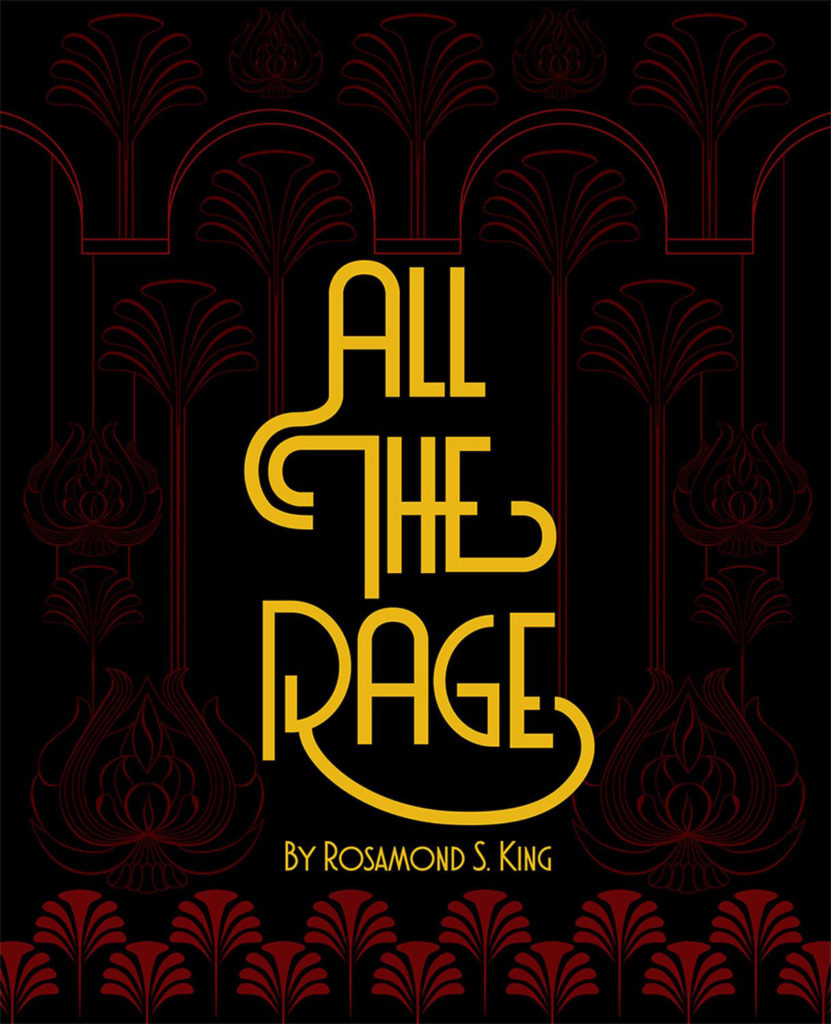This month’s reading picks from the Caribbean, with reviews of Musings, Mazes, Muses, Margins by Gordon Rohlehr; Sweethand by N.G. Peltier; All the Rage by Rosamond S. King; and Antiman by Rajiv Mohabir
Musings, Mazes, Muses, Margins
by Gordon Rohlehr (Peepal Tree Press, 184 pp, ISBN 9781845234652)
For every factual record made of the Caribbean space, a parallel fiction must surely exist. Is there a subterranean region that dwells purely, fantastically, in our dreamspace? If so, prolific literary historian, critic, and scholar Gordon Rohlehr leads us to its underwater territories in Musings, Mazes, Muses, Margins. A genre-resistant odyssey, at once intensely personal and remarkably allegorical, the work is nothing less than an invitation to spend time in the labyrinthine splendour of Rohlehr’s mind. Woven into the generosity with which the author shares his Guyanese upbringing are blueprints of hidden messages, extraordinary stratagems, condensed and spiralling reflections: all the prototypical efforts of a dream diary, a metaphysical travelogue, and a tome to face the current uncertainty of this age, all in one. It’s an inimitable masterclass in being both present and perpetually open to oneself, and to one’s place.
Sweethand
by N.G. Peltier (Piatkus Books, 278 pp, ISBN 9780349429755)
A Trinidadian romance novel should be saccharine, sentimental, and full of soca, right? Not so fast, says N.G. Peltier’s first entry in the Island Bites series: there’s more to loving on an island than those sand-dusted tropes. When pastry chef Cherisse and music producer Keiran collide on home soil for a much anticipated wedding, they don’t expect the dynamic of their longstanding enmity to shift — except, of course, it does. Lust stirred into the equation, alongside flaring tempers and oppositional views: it’s a perfect cocktail for drama-tinged allure. What distinguishes Peltier’s approach to local romance is her striving for authenticity: Trinidad shouldn’t feel like a colourful foil backdrop for stereotypical fulsome fare, and in her hands, it doesn’t. Add a pair of protagonists who feel like well-honed individuals unto themselves, not merely two souls yearning to be the bake to each other’s shark, and you’re in for a seriously good time.
All the Rage
by Rosamond S. King (Nightboat Books, 112 pp, ISBN 9781643620718)
Open any blood-soaked atlas to the world’s inequities: white supremacy is at the heart of so many of them. If this is uncomfortable to hear, then All the Rage, Rosamond S. King’s second full-length collection of poems, will make for an incendiary reading companion, as necessary as it is unapologetic. King’s verse rifles through bodegas, upends abattoirs, knocks hard against the thick visors of police brutality, asking questions most of us aren’t brave or resolute enough to voice: will those with blood on their hands and in their lineages stand up and be accountable? Will Black femmes and girls ever be able to breathe easier in American streets? These poems play as much as they confront, hopscotching and diagramming themselves on the page, defiantly eking out pleasure zones on the battlefield, stealing roses under quarantine, limboing disrespectfully before the Stars and Stripes. This is lifesaving, confrontational work.
Antiman
by Rajiv Mohabir (Restless Books, 352 pp, ISBN 9781632062802)
How can the Self sing itself into being? Rajiv Mohabir’s transcendental memoir Antiman never hides from its reader, even when subterfuge might mean easier, more breathable survival. It’s just one of the multifarious beauties of a book that is part confessional, part bhajan, part verse-lair. The memoirist brings his lush, oft-brutal lyricism as a poet to bear on the story of his life, his family’s, and the undulating rhythms of a quest for radical self-love. The result is a world of intense contradictions and stunning discoveries, whose truths peal forth in haunting prose. Embracing his Aji’s Guyanese Bhojpuri is an affront to Mohabir’s father, who rids the home of Hindu signposts; one poignant scene sees beloved remnants of tradition destroyed. Be prepared to read Antiman far from dry-eyed, as a reclamatory and alchemical act: this is the most undaunted writing to emerge in our contemporary Americas.

